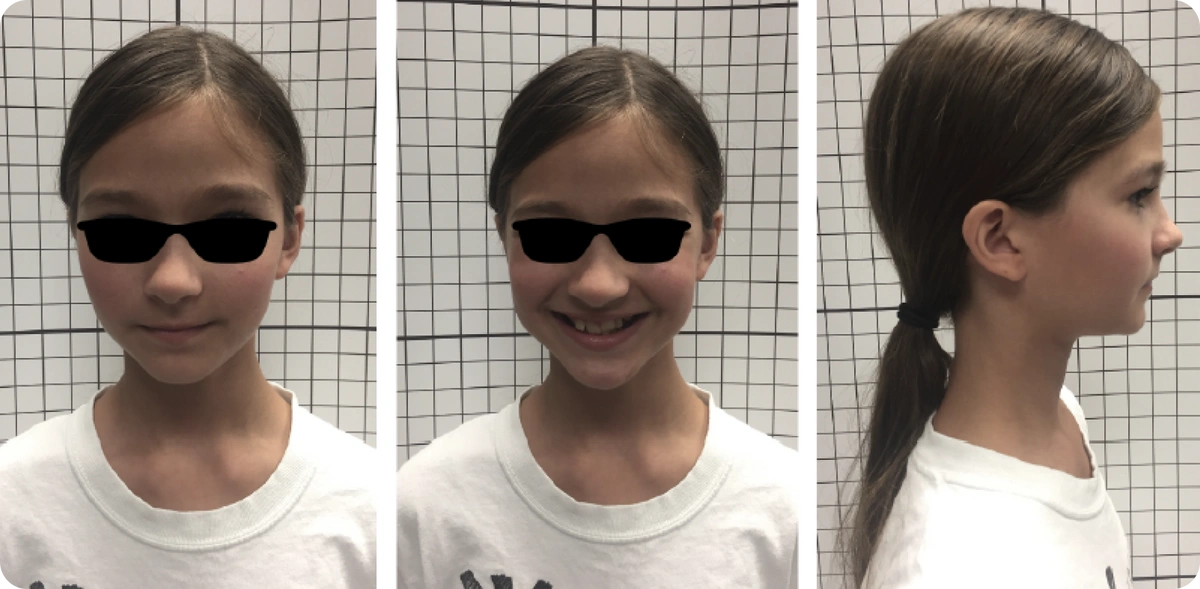In children, obstructive sleep apnea (OSA) can have significant effects on their behavior, neurodevelopment, metabolism, and general. However, despite its serious consequences, pediatric OSA remains a frequently overlooked condition. Although the gold standard for pediatric OSA treatment is adenotonsillectomy followed by continuous positive airway pressure (CPAP), noninvasive, simple treatment options are available that should be considered, such as dental arch
expansion, frenectomy, myofunctional therapy, and nasal hygiene. Recent studies have demonstrated the efficacy of these treatments, which pediatric orthodontists and dentists should discuss with their patients’ parents as viable alternatives to CPAP and surgery. Proper screening and identification for sleep disorders is also crucial to the well-being of children, and pediatric dental practitioners should have heightened suspicion of OSA in patients with signs of bruxism or withcertain comorbidities. This article will discuss how properly executed dental arch expansion, frenectomy, myofunctional therapy, and nasal hygiene can be the key to mitigating sleep-disordered breathing/obstructive sleep apnea, as well as some of its common comorbidities. Read article ›



